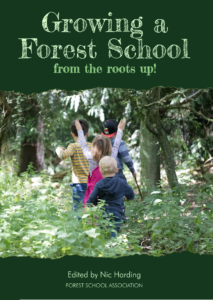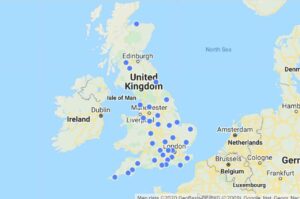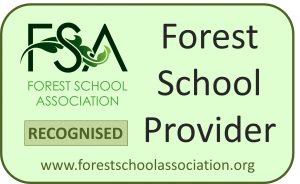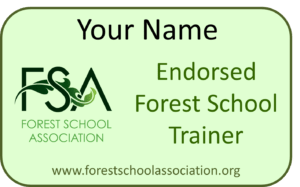Morgan Barr, Loughborough University
Being a Forest School leader can be isolating, advocating for something you passionately believe in, that outsiders claim to understand but rarely do. Seeing the impact firsthand but explaining how and why it works can be challenging. This is where the symposium is invaluable, bringing together practitioners who are on the ground doing the work and researchers who can bridge the gap between theory and practice.
Coming down from the high of the symposium has taken some time. To say I felt like a child in a sweetshop would be an understatement. Three days of listening to Forest School pioneers, passionate researchers and dedicated practitioners left me both exhilarated and deeply inspired, as both a practitioner and researcher, I felt its impact on two levels.
One of the biggest highlights for me was the chance to engage with some of my long-time heroes—Sara Knight, Mel McCree, and Mark Leather. I felt like a dedicated follower, almost like a “Forest School groupie.” It was equally exciting to discover new heroes such as Darren Quek, whose brave advocacy for Forest School practice in Singapore is truly inspiring if at times anarchistic, and be moved by Katherine Jameson’s presentation, exploring Forest School as an Intervention for Young People at Risk of Exclusion, which evidenced first-hand the transformative potential of Forest School for those most in need.
The symposium offered a rich array of 32 parallel presentations from academics and practitioners alike. Names that read like my research bibliography and made selecting which sessions to attend a challenge. Fortunately, the diligent academic team had organised the presentations into themed sections, which made the decision-making process somewhat easier. At the beginning of any research journey, it can be daunting, filled with a mixture of worries: “Can I do this?” “Is my research even relevant?” “Will anyone be interested in what I have to say?” The central themes of the sessions I attended, neurodiversity and mental health, confirmed to me the relevance of my own research & provided me with some fresh new ideas.
As a researcher, my biggest takeaway from the symposium was discovering just how much research is being done on the impact of nature connection on neurodivergent children and young people. It’s inspiring to see such a strong focus in this area. The work of Samantha Friedman was particularly impactful as it challenges outdated assumptions about autistic individuals, especially regarding their capacity for empathy and their connection to the natural world. By recognising both the benefits and challenges of these connections, her findings along with those of Sinead Mullally and Lauren Bourn highlight the importance of providing greater access to nature-based learning such as Forest School for neurodivergent individuals. While this provided much for me to ponder in relation to my own research, it also highlighted a significant gap—there is a lack of contemporary studies around Forest School and ADHD which reaffirmed the relevance of my work.
As a practitioner, I found Joanna Hume’s presentation on the materialist/posthuman paradigm particularly inspiring. It challenged me to reconsider the interactions between children and young people (CYP) and nature in a completely different way. Viewing Forest School through this lens raises important questions about what children experience in Forest School that traditional educational environments cannot provide. It’s not just about children connecting with the space; it’s also about the space connecting with the child. This perspective naturally led to broader questions, such as whether we are ever truly disconnected from nature.
The support and enthusiasm at the symposium were palpable, a golden thread running throughout the event. Standing in the foyer at any given time, the air was filled with the sound of excited voices sharing ideas, offering support, and forging new research connections. Personally, one of my most memorable moments was having breakfast with Dr Sara Knight, an experience akin to how children might feel during a Disney character breakfast. I also didn’t leave empty-handed; as Sara “gifted” me the opportunity to chair my first session, a task I found both challenging and rewarding. I can’t wait for the next.




